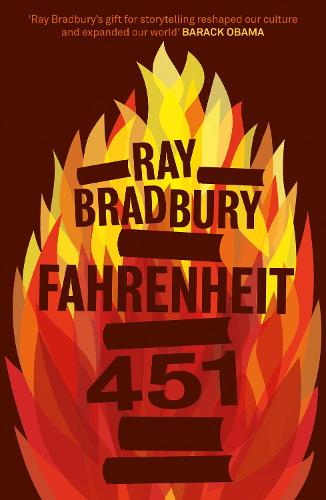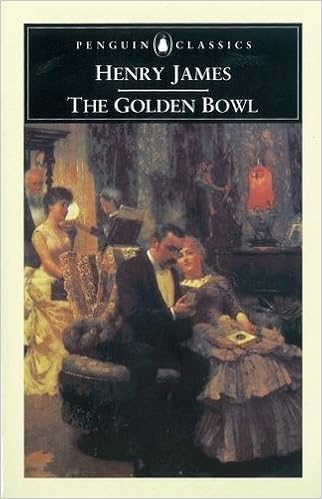The Immortal Life of Henrietta Lacks is another of the many, many non-fiction books recommended to me by my friend Daniel, and it's a very interesting read. Henrietta had an incredibly aggressive form of cervical cancer. Cells that were taken while treating that cancer became the first known "immortal" cells, meaning that, given an appropriate culture medium, they could infinitely divide and create new cells. The book has three fundamental components.

The first component is about the medical implications of those cells, which would be hard to overstate. Doctors had long sought after a viable way to study human cells that hadn't just been taken from the donor. This predated the ability to freeze cells and even any kind of standard way to culture cells. The cell line taken from Henrietta revolutionized medical research. It was essential to the creation of the Polio vaccine along with other treatments. The cell line also managed to destroy years and millions of dollars worth of other research.
The second main topic in the book is medical ethics. Henrietta had no idea he cells were being taken for research. Her family only learned how significant her cells were after she died. That cell line generated millions, perhaps billions, in profits for various parties. and Henrietta's family never got a cent. There is a large discussion of how patients generally, and African Americans in particular, were treated as guinea pigs by their physicians in the mid-twentieth century. The author also discusses how, even in the present day, patients have little to no right to control what happens to materials taken from them during the course of medical procedures.
The entire book is really structured around the third element, the actual life of Henrietta Lacks. The author had to do fairly exhaustive research and even then there are a lot of unknowns. Sadly, but for her cells, Henrietta would have largely been forgotten after her death. Her race and socio-economic status didn't predispose her to having many written records and interactions the family had with the medical and legal establishments didn't make them inclined to share.
As you've probably guessed, I would highly recommend this book. Despite the subject matter, it is very accessible and a fairly easy read.




